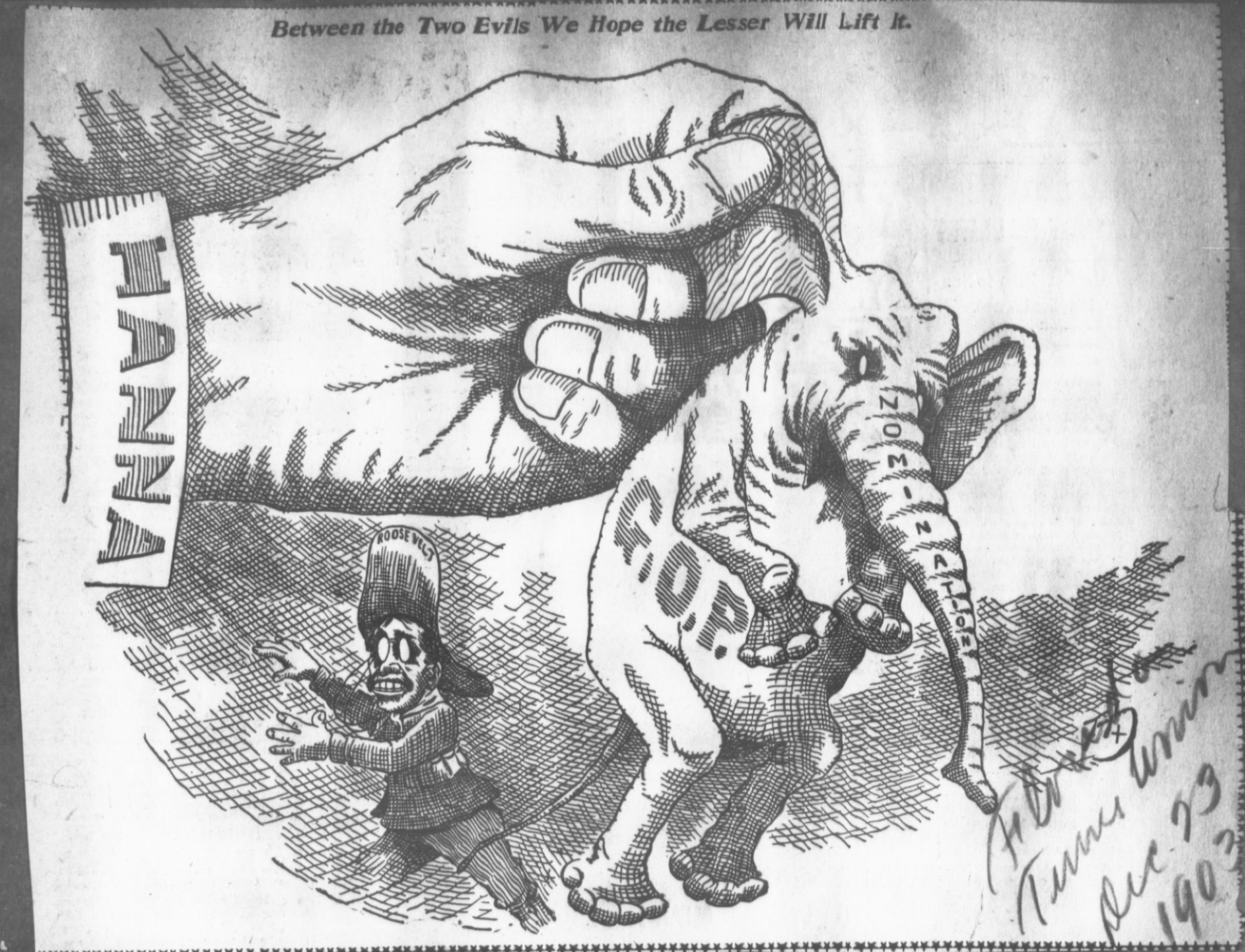That’s the real issue this time,” he said. “Beating Nixon. It’s hard to even guess how much damage those bastards will do if they get in for another four years.”
The argument was familiar, I had even made it myself, here and there, but I was beginning to sense something very depressing about it. How many more of these goddamn elections are we going to have to write off as lame, but “regrettably necessary” holding actions? And how many more of these stinking double-downer sideshows will we have to go through before we can get ourselves straight enough to put together some kind of national election that will give me and the at least 20 million people I tend to agree with a chance to vote for something, instead of always being faced with that old familiar choice between the lesser of two evils?
Now with another one of these big bogus showdowns looming down on us, I can already pick up the stench of another bummer. I understand, along with a lot of other people, that the big thing this year is Beating Nixon. But that was also the big thing, as I recall, twelve years ago in 1960 – and as far as I can tell, we’ve gone from bad to worse to rotten since then, and the outlook is for more of the same.
-Hunter S. Thompson, Fear and Loathing on the Campaign Trail '72
I hear the old political saw, that “we must take the least of two evils.” My friend from Ohio [Mr. Giddings] has already riddled this excuse, so that I might well leave it untouched; but I cannot forbear a brief observation. It is admitted, then, that Cass and Taylor both are evils. For myself, if two evils are presented to me, I will take neither. There are occasions of political difference, I admit, when it may become expedient to vote for a candidate who does not completely represent our sentiments. There are matters legitimately within the range of expediency and compromise. The Tariff and the Currency are of this character. If a candidate differs from me on these more or less, I may yet vote for him. But the question before the country is of another character. This will not admit of compromise. It is not within the domain of expediency. To be wrong on this is to be wholly wrong. It is not merely expedient for us to defend Freedom, when assailed, but our duty so to do, unreservedly, and careless of consequences. Who in this assembly would help to fasten a fetter upon Oregon or Mexico? Who that would not oppose every effort to do this thing? Nobody. Who is there, then, that can vote for either Taylor or Cass?
But it is said that we shall throw away our votes, and that our opposition will fail. Fail, Sir! No honest, earnest effort in a good cause can fail. It may not be crowned with the applause of men; it may not seem to touch the goal of immediate worldly success, which is the end and aim of so much in life. But it is not lost. It helps to strengthen the weak with new virtue,—to arm the irresolute with proper energy,—to animate all with devotion to duty, which in the end conquers all. Fail! Did the martyrs fail, when with precious blood they sowed the seed of the Church? Did the discomfited champions of Freedom fail, who have left those names in history that can never die? Did the three hundred Spartans fail, when, in the narrow pass, they did not fear to brave the innumerable Persian hosts, whose very arrows darkened the sun? Overborne by numbers, crushed to earth, they left an example greater far than any victory. And this is the least we can do. Our example will be the main-spring of triumph hereafter. It will not be the first time in history that the hosts of Slavery have outnumbered the champions of Freedom. But where is it written that Slavery finally prevailed?
Always has been:
-Hunter S. Thompson, Fear and Loathing on the Campaign Trail '72
Political cartoon, 1903
Abolitionist Charles Sumner, 1848 speech, UNION AMONG MEN OF ALL PARTIES AGAINST THE SLAVE POWER AND THE EXTENSION OF SLAVERY.
So true about going from “bad to worse to rotten.” Every one makes the previous stupid ghouls seem like statesmen.